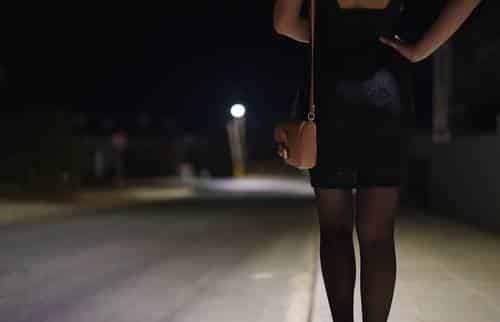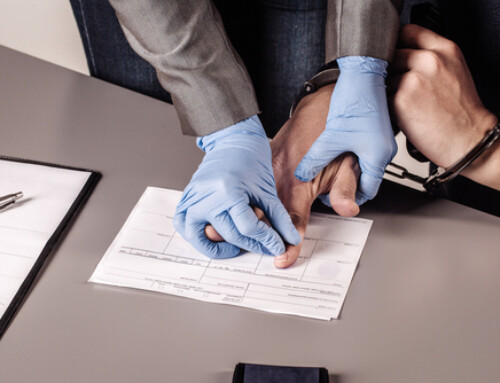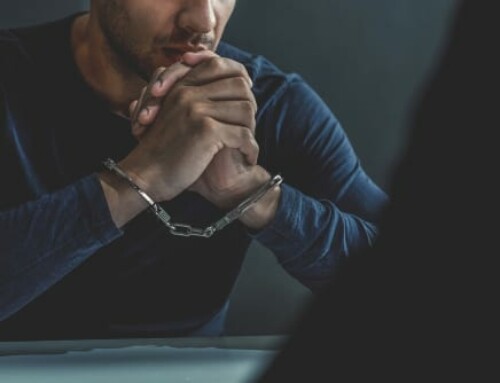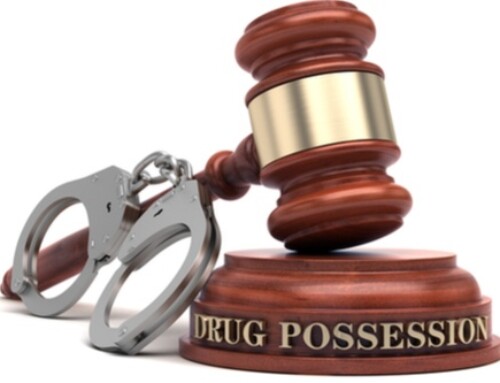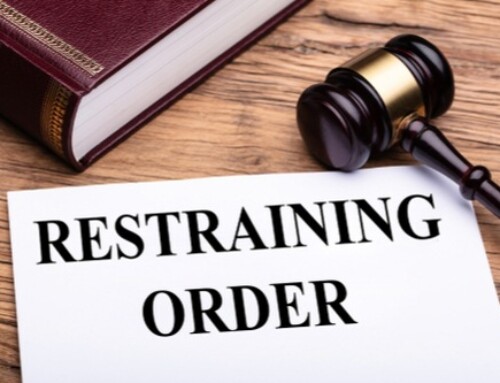As one of the oldest and most beautiful cities in the United States, Charleston, South Carolina, boasts a rich history and vibrant culture. However, like any urban center, Charleston faces its share of social and legal challenges, including the issue of prostitution. Prostitution is a complex and sensitive subject that requires a comprehensive understanding of the laws surrounding it. In this blog, we will delve into the current state of prostitution in Charleston, SC, examine the applicable laws, and explore the broader implications for both the community and those involved.
Understanding Prostitution
Prostitution, the exchange of sexual services for money, has been a contentious issue throughout history. While attitudes towards it vary across different societies and cultures, most states in the US, including South Carolina, have strict laws against it. Despite the legal ramifications, prostitution is a complex social problem with deep-rooted implications.
Prostitution Laws in South Carolina
In South Carolina, prostitution is considered a crime for those who offer sexual services and those who solicit them. The state’s criminal code prohibits the act of prostitution and other related activities. Title 16, Chapter 15 of the South Carolina Code of Laws deals with offenses related to prostitution, lewdness, and assignation.
Under this code, engaging in or offering sexual services in exchange for money or other valuable items is a misdemeanor. Furthermore, anyone found to be soliciting or attempting to solicit prostitution is also guilty of a misdemeanor offense. The penalties for these crimes can range from fines to imprisonment, depending on the circumstances of the case and the individuals involved.
Impact on Public Health and Safety
Besides the legal consequences, prostitution poses significant public health and safety concerns. Unregulated sex work can lead to the spread of sexually transmitted infections (STIs) and other health risks for both workers and clients. The secretive nature of the trade also exposes those involved to potential violence, exploitation, and human trafficking.
Addressing the Root Causes
To effectively tackle the issue of prostitution, it is essential to address its root causes. Poverty, drug addiction, and limited employment opportunities are some factors that can lead individuals into sex work. Instead of simply punishing those involved, society and authorities must invest in social programs, counseling, and support systems to help individuals exit the cycle of prostitution and find viable alternatives.
Diversion Programs and Rehabilitation
In recent years, some cities and states have adopted diversion programs to address prostitution more compassionately. These programs focus on rehabilitation rather than punishment, offering support and resources to help sex workers break free from the trade. By treating prostitution as a social issue rather than a purely criminal one, authorities can work towards providing long-term solutions to the problem.
Community Engagement and Education
Engaging with the community is crucial in combatting prostitution effectively. Law enforcement agencies should collaborate with local organizations, nonprofits, and social workers to raise awareness about the consequences of prostitution. Educating the public about the challenges faced by those involved in sex work can help reduce stigmatization and foster a more empathetic approach to the issue.
The Role of the Legal System
The legal system is vital in addressing prostitution in Charleston, SC. Enforcing existing laws and prosecuting offenders serves as a deterrent against illegal activities. However, an over-reliance on punitive measures may not address the core issues underlying sex work. Therefore, a balanced approach that combines enforcement with rehabilitative efforts is crucial for fostering positive change.
Conclusion
Prostitution is a complex and deeply ingrained issue affecting communities nationwide, including Charleston, SC. As a society, we must recognize that addressing the problem requires a multi-faceted approach. While the legal system is essential in curbing illegal activities, it should be complemented by community engagement, education, and rehabilitation programs.
By understanding the root causes and humanizing those involved, we can work towards creating a safer and more supportive environment for everyone. Charleston’s beauty lies not only in its historic streets and architecture but also in the compassion and understanding of its residents. Together, we can strive towards a more inclusive and equitable society where those trapped in the cycle of prostitution can find a path to a brighter future.

